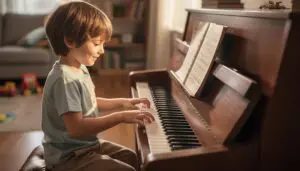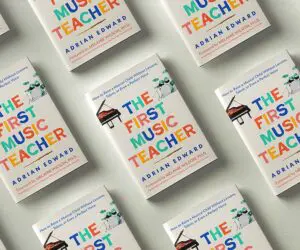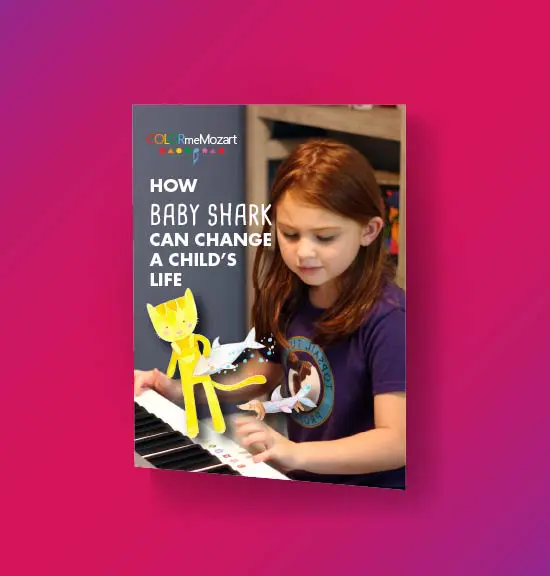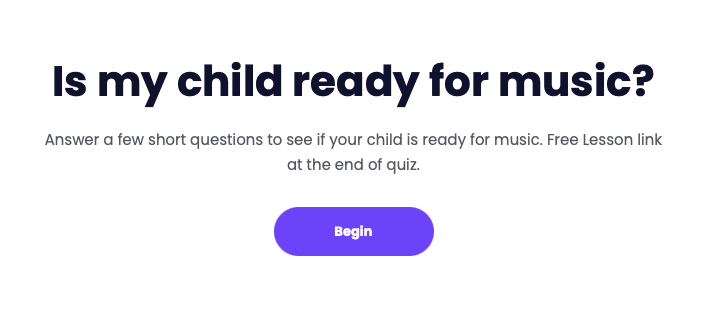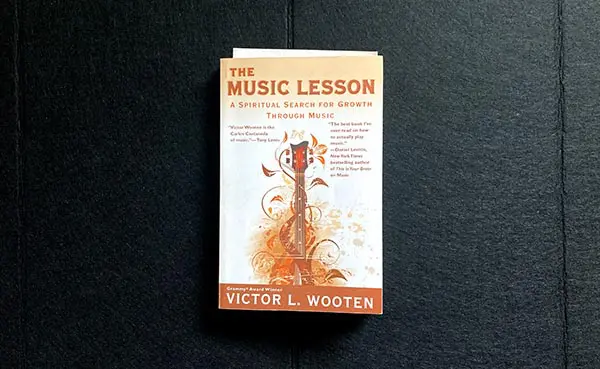 The Music Lesson by Victor L. Wooten
The Music Lesson by Victor L. Wooten
I have been on a mission for quite some time to read as many books on music education or music as a whole. As I frequently do, I ask all of you for some recommendations, however, this time I stumbled across this book by pure chance. As book stores continue to become rarer and rarer, I found a small local bookstore with a respectable music section. As I combed through the offerings, one book stood out immediately, The Music Lesson by Victor L. Wooten.
I had grown up listening to Victor Wooten as part of the band Bela Fleck and the Flecktones, a virtuosic mix of jazz and bluegrass that were both amazing to see play and listen to. If you have not heard any of their music, do yourself a favor and check them out.
Victor Wooten was a musicians musician. What I mean by that is that he not only plays wonderfully but also spends quite a bit of time teaching and passing on the love of music to new musicians. Inspiring a new generation of musician is something that I too am passionate about and appreciate when I see other musicians doing the same.
What This Book Isn’t
Before I get into what I loved about the book, I want to let you know what it is not. Although The Music Lesson by Victor L. Wooten is, in fact, a music book, it’s not your typical music instruction book that we’ve come to expect. Especially one with the title, “The Music Lesson.” You would think it would be filled with all kinds of warm-up exercises and technical drills but alas, it is not.
It is however, filled with a philosophical look at music itself. It seeks to make you question what music itself, is, and what it’s not. I think I speak for everyone reading that we all have a slightly different relationship with music. However, at the end of the day, music speaks to the entire world so there must be a connection we all experience, surely, right?
Let’s find out.
Let’s Dive In
So if this book is not an instructional music book, what is it exactly? What you’ll realize form the first few pages is that Wooten is going after the heart of why we even play music at all. He tells the story from his perspective as a young bass player, trying to make ends meet playing gigs and practicing. We quickly meet Michael, a master teacher who appears out of nowhere in his apartment and is there to teach, or rather, show him what music truly is.
My favorite part of the book is that he begins by explaining that music has distinct areas that need to be focused on in order to truly connect music to life itself. These areas include groove, notes, articulation, emotion, dynamics, rhythm/tempo, tone, phrasing, space/rest, and listening.
Many of these areas are shown to Wooten by Michael and other are shown to him by other characters that come in and out of the story. Now I don’t want to spend too much time talking about the characters themselves, rather, I want to focus on what he writes about music that spoke to me personally and how it relates to being a better musician.
How Music Is Learned
There is no lack of instructional books, techniques and lessons that we can take in order to learn and instrument. Wooten, however, talks to us about really diving deep into why music is so important to us in the first place. One concept that resonated with me the most was learning music as we learn any language growing up.
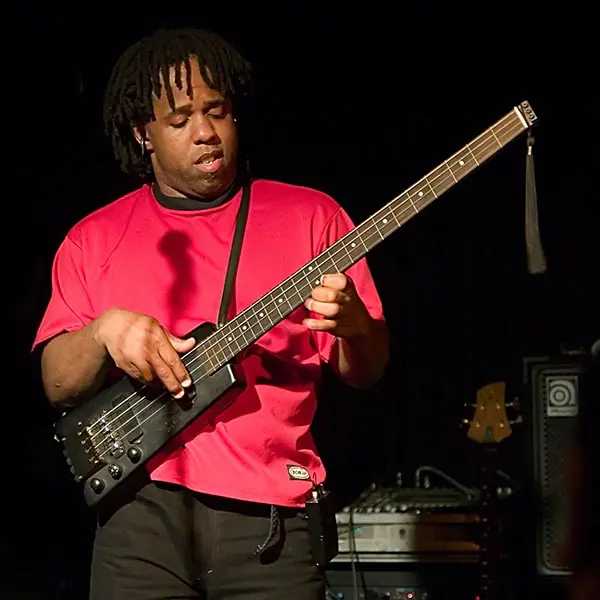 We don’t consciously learn how to speak a language. We simply do. We are surrounded by it, constantly figuring our way through, learning how to express ourselves through the words we keep adding to our vocabulary. Imagine if we absorb music in the same way. This has been my focus for years as a music educator.
We don’t consciously learn how to speak a language. We simply do. We are surrounded by it, constantly figuring our way through, learning how to express ourselves through the words we keep adding to our vocabulary. Imagine if we absorb music in the same way. This has been my focus for years as a music educator.
We need to approach music as a language that we speak, experience and connect deeply to our souls. When we speak, using the words that we’ve been taught, we can express our innermost feelings. If we didn’t have this words in the first place, it would be very frustrating.
When we try to learn a language late in life, the act of learning itself, gets in the way of using the language and may quit in frustration. However, no one gets frustrated with their native language. Why? They just learned it by being inside of it. That is how music should be approached as well.
In one illuminating moment, Michael tells Victor, “I’m just comparing the two languages (English and Music) and your processes of learning them. If Music and English are both languages, then why not apply the process used to get good at one of them to the other?”
Conclusion
There is a lot more to this book that can be mentioned about The Music Lesson by Victor L. Wooten. The chapter on Rest and Space dives into the importance of space in music and how it is just as important, if not more important than the notes themselves. Very interesting and eye opening concepts.
All of the chapters sparked in me the original fire I had when I first learned how to play the piano and my love for music as a whole. I firmly believe that music is more than learning one instrument. It is connected to our life in ways that speak to just about everyone that I have ever met. Music is not one thing, but many things.
If you make music an integral part of a child’s life, as a language, speaking it and expressing themselves through music will be second nature.

